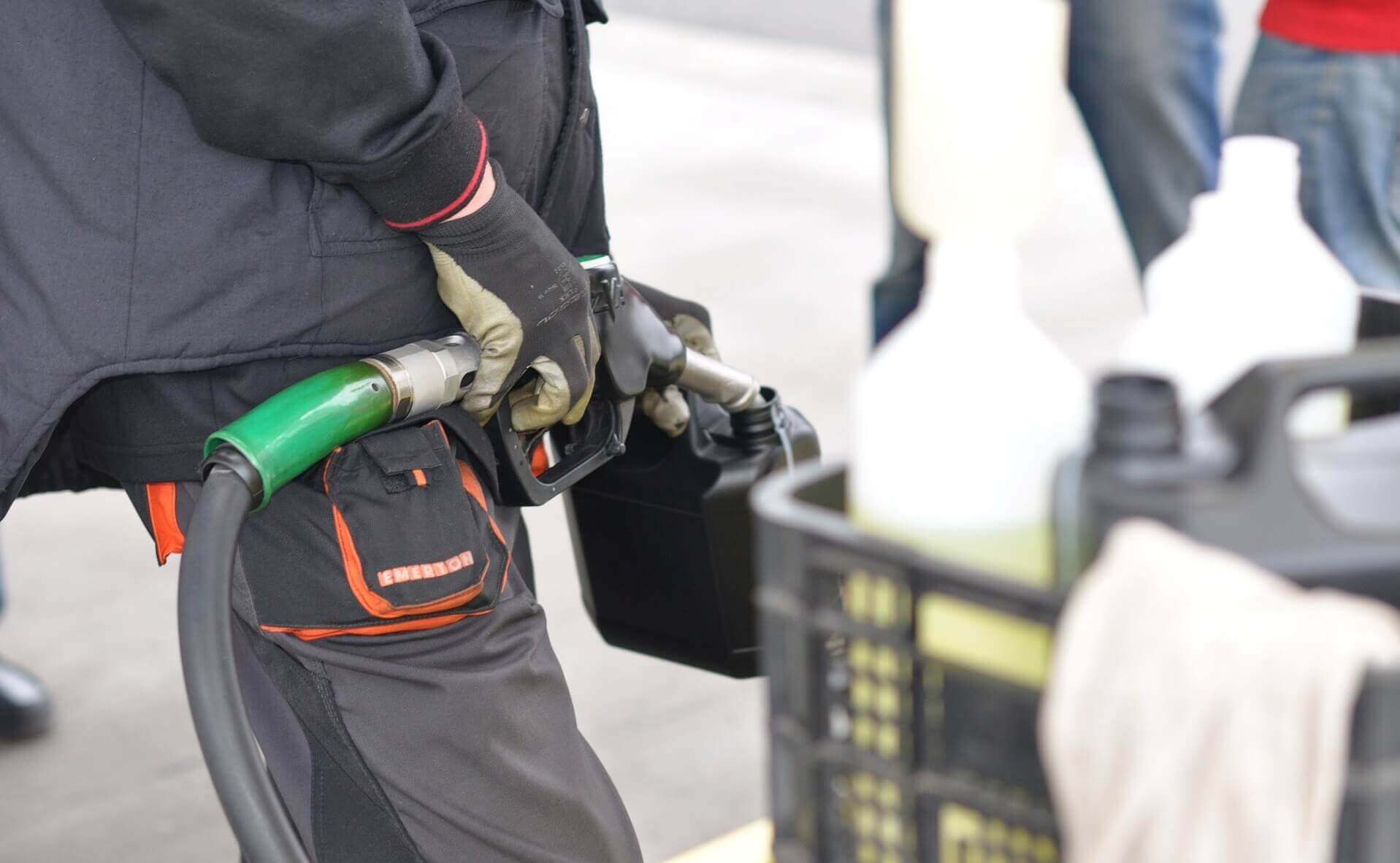The average diesel price in the UK reached 183 pence per litre on Thursday, 2 June 2022 according to RAC’s Fuel Watch. Analysts warn further increases are likely. The price of unleaded petrol has also hit a never-seen height; it is being sold for 174 pence per litre on average.
The UK Government reduced fuel duty by 5 pence per litre for 12 months at the end of March, but this move was not enough to stop the increasing trend in fuel prices.
Germany – fuel prices decrease due to tax reduction
A temporary reduction to Germany’s energy tax on fuel has made petrol and diesel significantly cheaper at most petrol stations. While customers paid 2.044 euros for a litre of diesel on Tuesday, 31 May, the day before the tax change, the price dropped to 1.928 euros on the first day of the reduction.
Those fuelling petrol could see an even larger difference in their receipts; what cost 2.151 on Tuesday, was only 1.878 on Wednesday, according to the figures provided by the German auto club ADAC.
The German Government announced the energy tax reduction at the end of March. The state cut duty by 30 euro cents for petrol and 14 cents for diesel (this explains the difference between the price drop of petrol and diesel). The reduction is in force until September.
Hungary – foreigners pay more than locals
The Hungarian government’s latest move regarding fuel prices triggered a European Commission (EC) investigation, Trans.INFO has learned from an EC source.
According to the officer, Hungary hadn’t noticed the EC in advance of its decision, therefore the EU body learned from the media that the Eastern European country decided to exclude vehicles from paying the capped fuel price at the stations last Friday.
Hauliers have already become accustomed to this double standard. The government banned foreign trucks heavier than 3.5 tonnes from paying the capped price back in March but allowed Hungarian vehicles up to 7.5 tonnes to take advantage of cheaper refuelling. (HGVs over 7.5 tons, regardless of their nationalities had already been excepted from the capped price)
According to European Commission sources, the EC has started to investigate Hungary’s aforementioned regulations on fuel prices to identify the scope, content and the justification for the measure.
“It must be very clear that the free movement of goods and services in the internal market is our strongest asset in ensuring supplies across the EU. Restrictions to the Single Market can only be justified on the basis of overriding grounds (public order, public security or public health) or other non-economic mandatory requirements established by the case-law. Restrictions need to be necessary to protect these objectives and be proportionate,” the EC official added.
“Based on the services directive, EU Member States have to ensure that companies do not discriminate against service recipients by denying access to a service or applying higher prices due to the recipient’s nationality or country of residence,” the official explained to Trans.INFO. “Differential treatment is only allowed when the differences are directly justified.”
